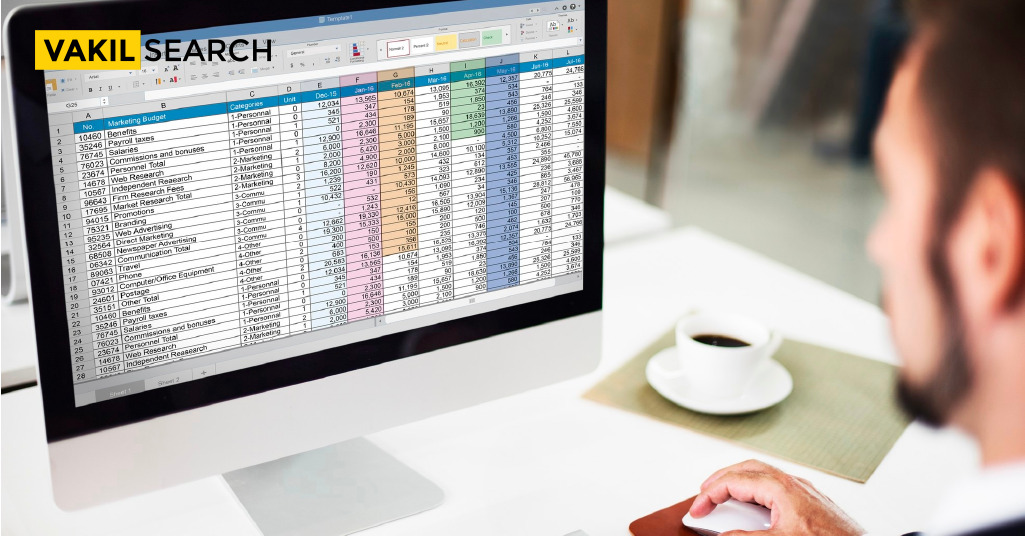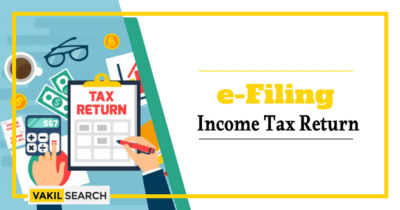Explore the nuances of Section 148 in this actionable guide. Gain clarity on compliance requirements for sound financial management. Empower your decisions with our expert insights.
Section 148 of the Income Tax Act, 1961 deals with the issuance of a notice when any income is found to have escaped re-computation. It is essential for taxpayers to understand the provisions and implications of this section to ensure compliance with tax laws and regulations. Here is a comprehensive guide to Section 148, covering its overview, what it entails, reasons for issuance of a notice, provisions, timing of notice issuance, and considerations for replying to a notice.
Overview
Section 148 involves various entities such as assessment, income tax officer, notice, income tax return, and taxpayer. It is crucial for taxpayers to be familiar with these entities to effectively navigate the process related to Section 148 notices.
What is Section 148?
When you complete income tax login you will notice that Section 148 of the Income Tax Act pertains to the re-computation of income and the issuance of notices when income has escaped assessment or reassessment. It is important for taxpayers to understand the implications of this section and the conditions under which a notice can be issued.
Reasons to Issue a Notice Under Section 148
There are numerous reasons for the issuance of a notice under Section 148, as per the rules and regulations stated under the Income Tax Act 1961. Taxpayers should be aware of these reasons to understand the circumstances under which they may receive a notice.
When can a Notice Be Issued Under Sec 148?Notices under Section 148 of the Income Tax Act can be issued under the following circumstances: 1. If any income has escaped assessment or reassessment. 2. If the Assessing Officer has substantial evidence suggesting the existence of significant undisclosed income, even if more than three years have passed since the end of the relevant assessment year. 3. If a taxpayer fails to submit their income tax returns as per Section 139, 148, or 142(1). 4. If an individual fails to disclose factual information needed for assessing the taxable of the assessment. It is important for taxpayers to be aware of these circumstances to understand when they may receive a notice under Section 148 and to ensure compliance with the Income Tax Act. |
Provisions for Issuance of a Notice Under Section 148
Failure to submit the Income Tax return within the specified timeframe outlined in the notice issued under Section 148 by the Assessing Officer will result in the assessee being liable to pay interest under Section 243(3). This applies to late filing or non-filing of the Income Tax return, especially if the income has already been determined under Section 143(1) or if the assessment has been conducted under Section 144 or Section 147.
On the contrary, if the assessee has not submitted a return for any assessment year, and no assessment has been carried out under Section 144 for that year, the interest for late filing in response to the notice under Section 148 will be imposed on the assessee under Section 234(1) instead of Section 234(3).
| No notice under Section 148 should be issued for the relevant assessment year. |
When can a Notice Be Issued Under Section 148?
Notices under Section 148 are subject to specific time limitations and clauses. Taxpayers should be aware of the timing of notice issuance and the relevant clauses to understand the procedural aspects of Section 148 notices.
|
As outlined in Section 149, the issuance of notices under Section 148 is subject to the following timeframes: (a) Standard time limit – Three years from the conclusion of the relevant assessment year. (b) Specific time limit – if three years, but not exceeding ten years, have passed from the conclusion of the relevant assessment year, unless the Assessing Officer possesses books of account, documents, or evidence indicating that the income is liable to taxation, presented in the form of –
|
Things to Consider While Replying to a Notice
Taxpayers should consider various factors when replying to a notice issued under Section 148. For a free consultation on the best practices for replying to a notice issued under Section 148, get in touch with the experts at Vakilsearch right away!
| It is essential to understand the legal notice reply format and the sample reply to legal notice in India to effectively respond to Section 148 notices. |
Reopening Income Tax Assessment Cases
As a component of the Union Budget 2021 under the Finance Act, a significant amendment has been introduced to reduce the time limit for reopening income tax assessment cases. Formerly established at six years, this timeframe has now been curtailed to three years. Nevertheless, in cases involving substantial tax evasion, authorities may reopen assessments for an extended duration, specifically up to ten years. However, this is contingent upon the concealed income surpassing Rs. 50 lakh.
In the event that the assessee raises objections, it is now mandatory for the assessing officer to furnish reasons for rejecting such objections. This ensures transparency and accountability in the assessment process, particularly when the authorities decide to extend the assessment period beyond the standard three-year limit. The requirement for providing explicit reasons aims to enhance the fairness and clarity of the assessment proceedings.
Also, Read:










